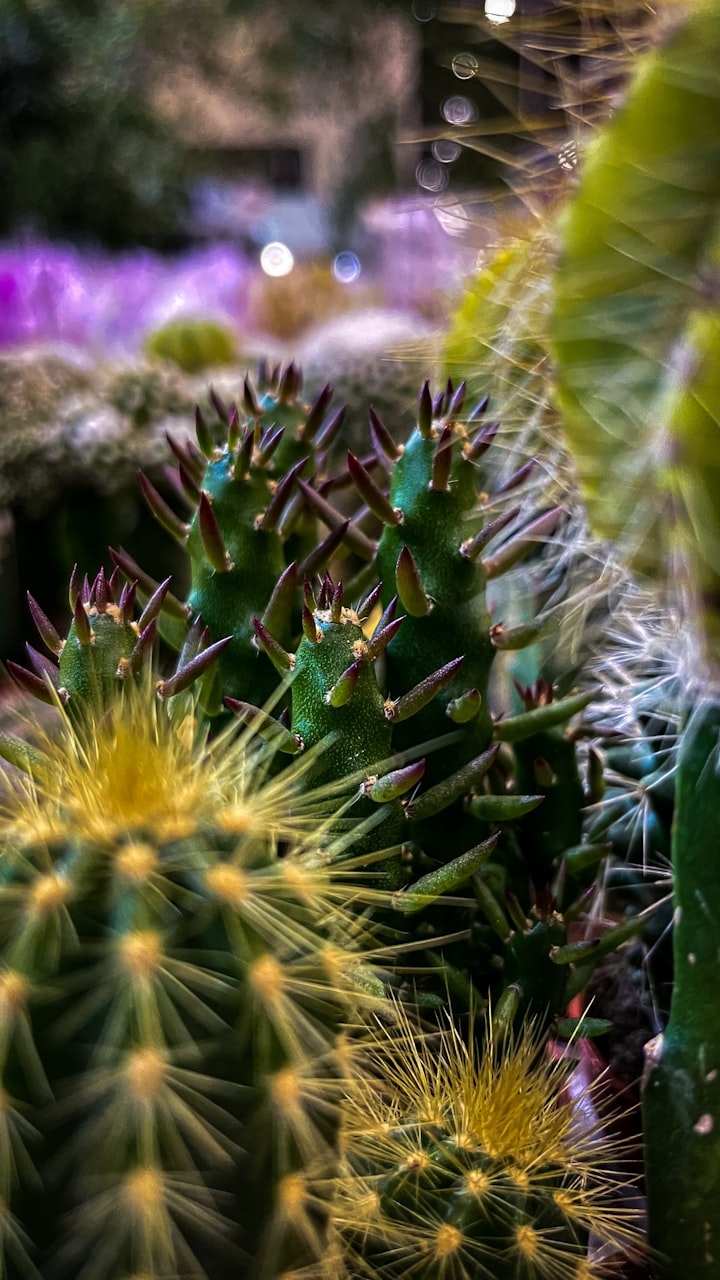Peyote: Exploring Its Fascination and the Complexities of Addiction
Side Effects & Legality

In the vast landscape of psychoactive substances, one plant stands out as a subject of enduring fascination – peyote. Derived from the Peyote cactus, this hallucinogenic marvel has a profound history of ceremonial use within indigenous cultures that spans centuries. However, as the allure of peyote extends beyond its traditional cultural rituals, questions inevitably arise, with the central inquiry being: "Is peyote addictive?" This article delves deep into the intricate world of substance dependence, shedding light on the potential risks associated with peyote misuse and dependency, offering a comprehensive exploration of this remarkable psychoactive substance.
Unveiling the Essence of Peyote
At the heart of the discussion lies peyote, a small, spineless cactus botanically known as Lophophora williamsii. It thrives in the arid landscapes of the southwestern regions of North America, particularly in Mexico and parts of the United States. The defining feature of peyote is its rich reservoir of mescaline, a naturally occurring psychedelic alkaloid that imparts its distinctive hallucinogenic effects.
Throughout the annals of history, peyote has played a pivotal role in the religious and spiritual ceremonies of indigenous cultures. The plant's psychoactive properties have also intrigued the scientific and medical community, sparking investigations into its potential therapeutic applications.
The Enigmatic Effects of Peyote
Peyote's remarkable psychedelic effects primarily emanate from its active ingredient, mescaline. This compound interacts with various neurotransmitter systems within the brain, particularly through binding to serotonin receptors, with a notable affinity for the 5-HT2A subtype. The outcome of this binding is an intricate cascade of neurochemical actions, resulting in alterations in sensory perception, mood, and cognition.
As mescaline takes hold, it induces a wide array of neurochemical shifts, including changes in serotonin, dopamine, and norepinephrine levels. The amalgamation of these transformations gives rise to the hallmark side effects experienced by peyote users. These may encompass characteristic hallucinations, sensory distortions, and pronounced emotional shifts, creating an alternate reality for those partaking in the peyote experience.
However, the reality of peyote use transcends the allure of mind-expanding experiences. It encompasses a spectrum of less desirable side effects, such as nausea, anxiety, paranoia, emotional instability, and fluctuations in vital signs, including increased heart rate and blood pressure. While the precise mechanism by which mescaline triggers these effects remains partially obscured, it is believed to exert its influence on neural circuits associated with perception, mood regulation, and introspection.
The Complex Question of Peyote Addiction
The inquiry into peyote's potential for addiction reveals a nuanced picture. Unlike substances that are purely physically addictive, peyote leans more toward psychological addiction. Substance dependence, whether related to peyote or other psychoactive compounds, results from a complex interplay of physical and psychological factors.
Physical withdrawal symptoms typically associated with substance cessation are relatively rare in peyote use. However, a segment of long-term users may develop a psychological attachment to the intense hallucinogenic and emotional effects elicited by the drug. Some individuals seek out peyote repeatedly in an attempt to recreate these captivating experiences, commonly referred to as "trips." This pursuit can potentially encroach on their daily functioning and overall well-being.
The deployment of peyote as a means to cope with emotional or psychological challenges can lead to a problematic pattern of misuse. While peyote itself may not be physically addictive in the traditional sense, it unquestionably harbors the potential for psychological dependency and misuse, emphasizing the need for cautious and responsible use.
Navigating the Legal Labyrinth
The legal status of peyote is a labyrinth of varying rules and regulations, contingent upon the jurisdiction and the context of its use, whether religious, cultural, or medicinal. In the United States, the Religious Freedom Restoration Act of 1993 extends protection to members of the Native American Church, permitting the use of peyote in their religious ceremonies. However, it's vital to note that possession and consumption of peyote outside of these religious contexts is prohibited.
Internationally, the legal status of peyote remains heterogeneous. Some countries classify it as a controlled substance due to its psychoactive effects, while others provide specific exemptions for its religious or cultural utilization. Individuals contemplating the use of peyote should exercise diligence by familiarizing themselves with the legal framework in their specific region to avoid unintended legal consequences.
A Journey Towards Recovery
The world of substance use is fraught with inherent risks, whether driven by religious or recreational motivations. If you or someone you care about shows signs of drug dependence, whether to peyote or other substances, professional help is readily available. Comprehensive addiction services, ranging from substance-specific treatment to medically assisted detox, are designed to support individuals on their journey towards physical and psychological recovery from addiction. Addiction is a complex and multifaceted challenge, but with the right guidance and support, a path to recovery can be illuminated, helping individuals reclaim their lives and well-being.





Comments
There are no comments for this story
Be the first to respond and start the conversation.